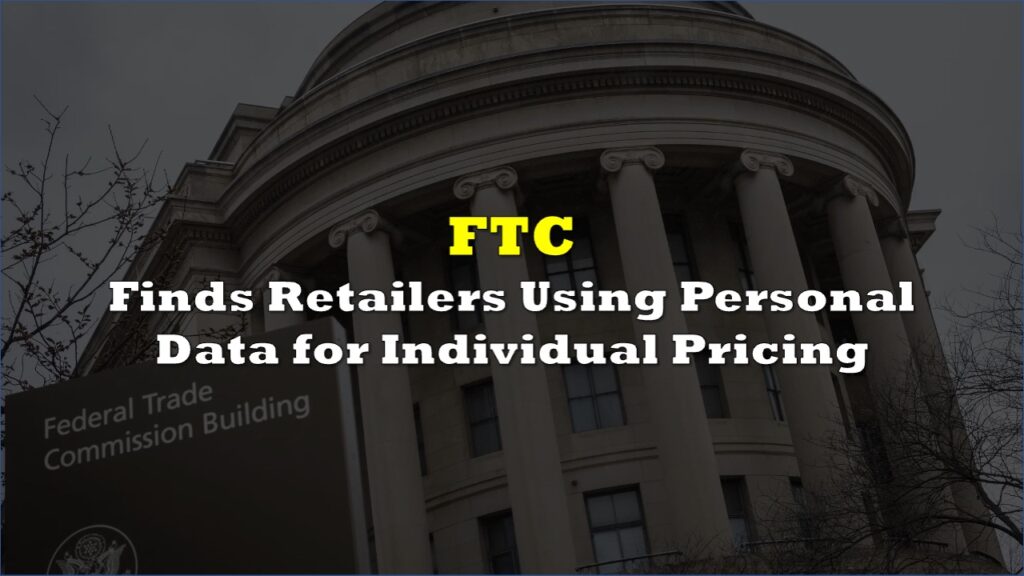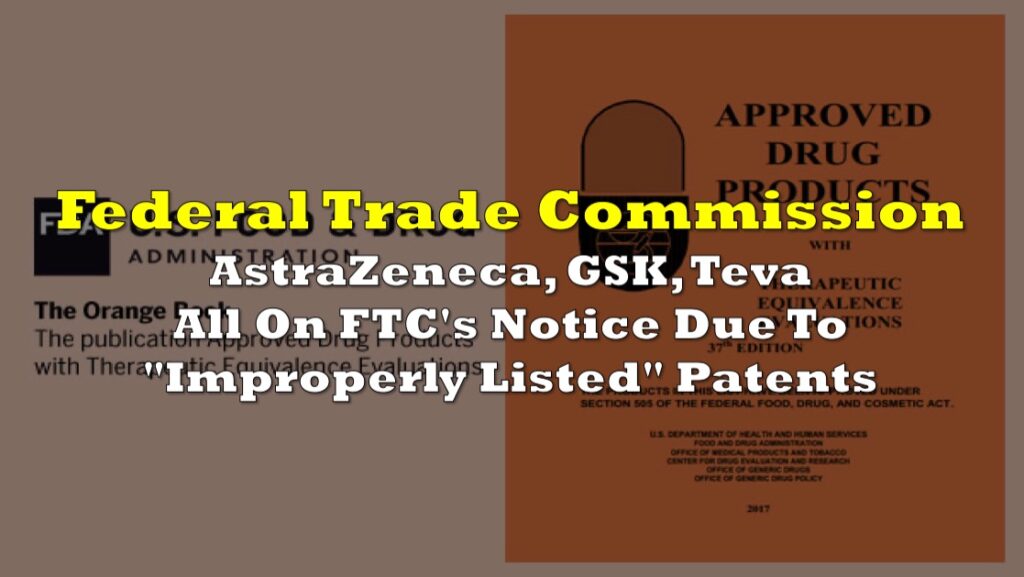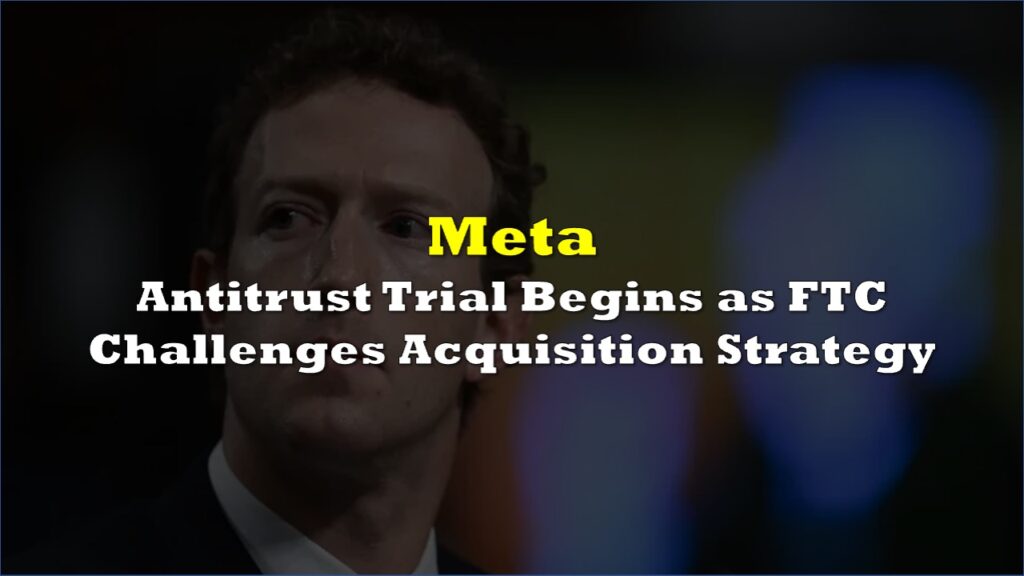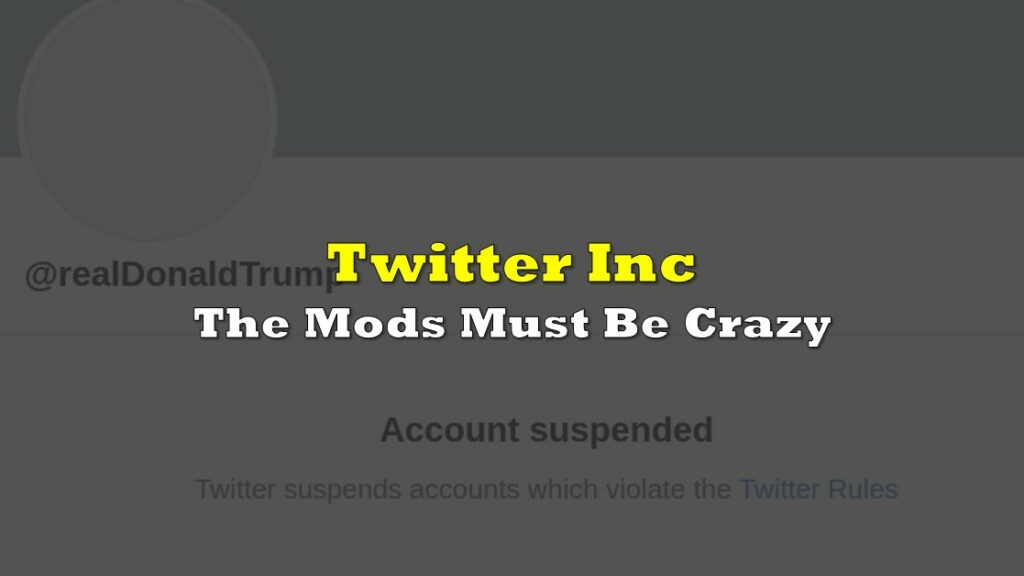The Federal Trade Commission (FTC) has taken a major step to enhance consumer protection by finalizing a rule that bans the creation, sale, and use of fake social media metrics and reviews. Announced on August 14, 2024, this regulation is part of the FTC’s broader effort to crack down on deceptive advertising practices that have flourished in the era of social media and digital marketing.
The FTC’s final rule is a comprehensive approach to addressing various forms of deception that undermine consumer trust and distort the competitive landscape. According to the FTC, the rule targets a range of practices that involve the manipulation of online metrics and reviews, which are increasingly used by consumers to make purchasing decisions.
The rule defines “indicators of social media influence” as any metrics used by the public to assess an individual’s or entity’s online presence. This includes a broad array of metrics such as followers, friends, connections, subscribers, views, plays, likes, saves, shares, reposts, and comments. The FTC emphasized that these indicators are crucial in shaping public perception and commercial success in the digital age.
Key prohibitions
The FTC’s rule introduces several critical prohibitions designed to curb deceptive practices:
- Misuse of Fake Social Media Indicators: The rule prohibits the purchase, sale, or dissemination of fake social media metrics such as followers or views generated by bots or hijacked accounts. This is particularly relevant for influencers, brands, and marketers who rely on social media metrics to secure deals, sponsorships, and partnerships. To violate this rule, a person must have known, or should have known, that the indicators were fake and misrepresented their influence for commercial gain.
- Fake or False Consumer Reviews and Testimonials: The rule explicitly bans reviews or testimonials that misrepresent themselves as coming from real consumers. This includes AI-generated reviews, reviews by individuals who never used the product or service, or testimonials that falsely portray the experience of the reviewer. The FTC noted that such practices not only deceive consumers but also unfairly disadvantage honest competitors.
- Buying Positive or Negative Reviews: The rule prohibits businesses from offering compensation or incentives in exchange for reviews that express a specific sentiment, whether positive or negative. The conditional nature of such offers, whether implicit or explicit, is now a clear violation under the new regulation.
- Insider Reviews and Testimonials: The rule cracks down on reviews written by company insiders, such as officers, managers, or employees, without clear and conspicuous disclosure of their relationship to the company. It also applies to reviews solicited from immediate relatives of employees or agents, aiming to eliminate biased or self-serving testimonials.
- Company-Controlled Review Websites: The FTC’s rule prohibits businesses from misrepresenting a website or entity they control as providing independent reviews or opinions, particularly when the website promotes the company’s own products or services.
- Review Suppression: Businesses are now prohibited from using legal threats, physical intimidation, or false public accusations to suppress negative reviews. The rule also bars companies from misrepresenting the overall sentiment of reviews on their website by selectively suppressing negative feedback.
Implications for digital marketing
The FTC’s new rule represents a significant shift in how digital marketing and influencer economies will operate. With the rise of social media influencers and the importance of online reviews in shaping consumer behavior, the rule seeks to restore integrity to these platforms by ensuring that metrics and testimonials accurately reflect genuine consumer experiences.
Rob Freund, a lawyer specializing in social media law, highlighted the rule’s far-reaching implications, particularly the explicit prohibition on buying and selling fake followers. “It goes beyond followers to include ‘any metrics used by the public to make assessments of social media influence,’” Freund noted on social media.
Today, the FTC finalized a new rule banning fake reviews.
— Rob Freund (@RobertFreundLaw) August 14, 2024
One interesting part: it expressly prohibits buying and selling fake followers.
But it goes beyond followers to include "any metrics used by the public to make assessments of … social media influence." pic.twitter.com/PALMCtM1cL
The FTC’s ability to enforce this rule is significantly enhanced by the provisions allowing the agency to seek civil penalties against violators. This is a critical development in light of the Supreme Court’s decision in AMG Capital Management LLC v. FTC, which previously limited the FTC’s authority to obtain monetary relief for consumers under the FTC Act.
FTC Chair Lina Khan stated that the rule “strengthens the FTC’s toolkit to fight deceptive advertising” and will “protect Americans from getting cheated, put businesses that unlawfully game the system on notice, and promote markets that are fair, honest, and competitive.”
The rule will take effect 60 days after its publication in the Federal Register, giving businesses a narrow window to review and adjust their practices to ensure compliance.
Information for this briefing was found via the sources mentioned. The author has no securities or affiliations related to this organization. Not a recommendation to buy or sell. Always do additional research and consult a professional before purchasing a security. The author holds no licenses.









